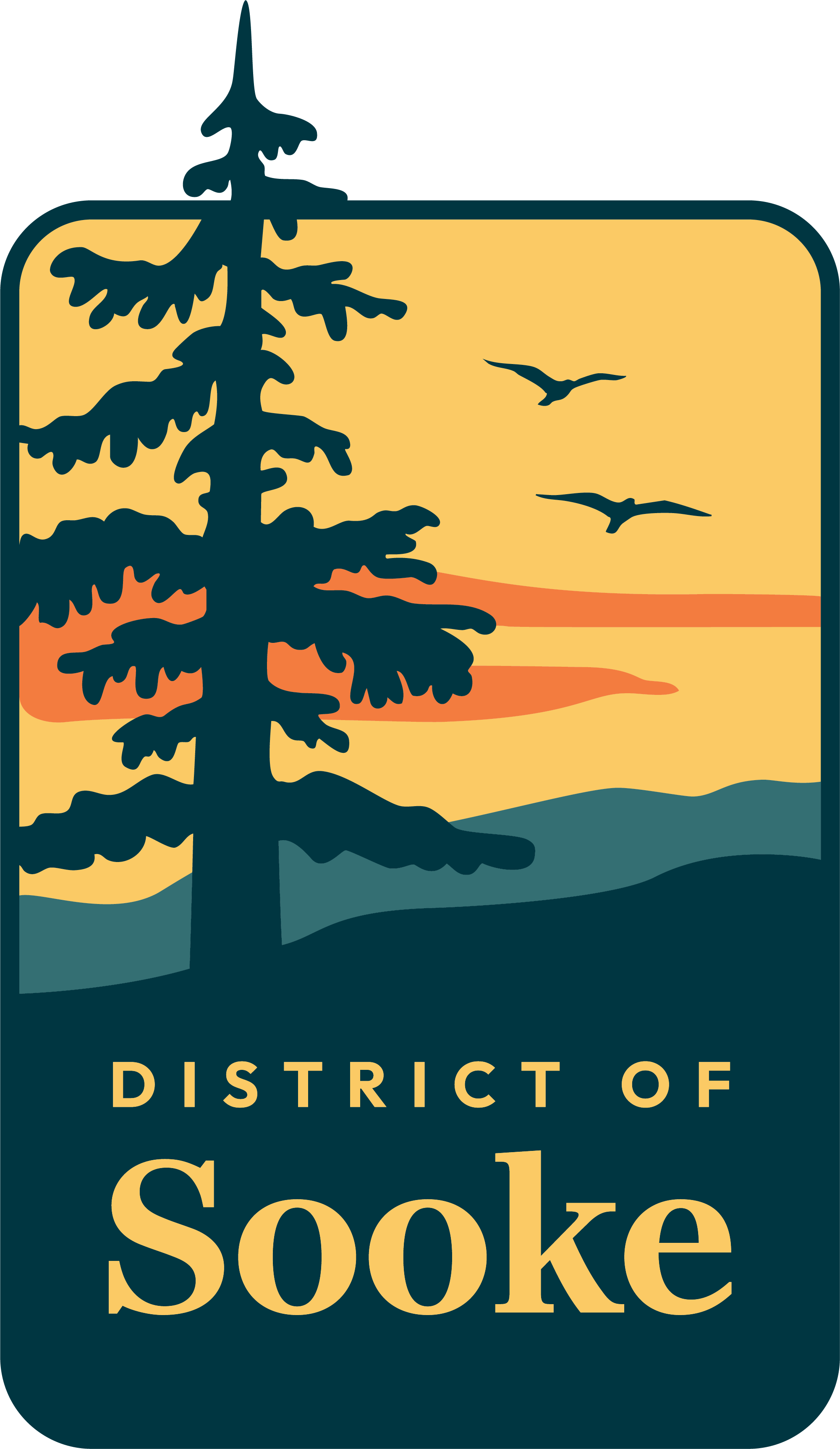Bringing people together? Plan ahead to keep your event safe, respectful, and fun.
Whether you’re organizing a neighbourhood gathering, outdoor concert, fundraiser, walk/run, or community festival, on public land or private property, it’s important to plan for your event’s impact. Noise, traffic, and parking demand are common considerations.
If your event involves amplified sound, road use, temporary structures, or a large number of attendees, you may need specific permits or approvals.
The District of Sooke encourages residents, organizations, and businesses to host events that build community spirit. This page will help you understand how to plan your event with care for your neighbours, public spaces, and local regulations.
Quick Reference: What May Apply to Your Event
| Activity |
What to Check |
| Amplified music or sound |
Noise Regulation Bylaw |
| Use of park or public space |
Parks Use Permit |
| Road use – local road |
Local Road Highway Use Permit (District of Sooke) |
| Road use – Highway 14 |
Provincial Highway Use Permit (Ministry of Transportation and Transit) |
| Tents, fencing, or temporary structures |
Building Code / Parks Use Permit |
| Food trucks or vendors |
Island Health + Business Licence; Commercial Parks Use Permit |
| Serving alcohol |
Provincial Special Event Permit (Liquor & Cannabis Regulation Branch) |
| Waste disposal |
Clean-up required; zero-waste planning encouraged |
